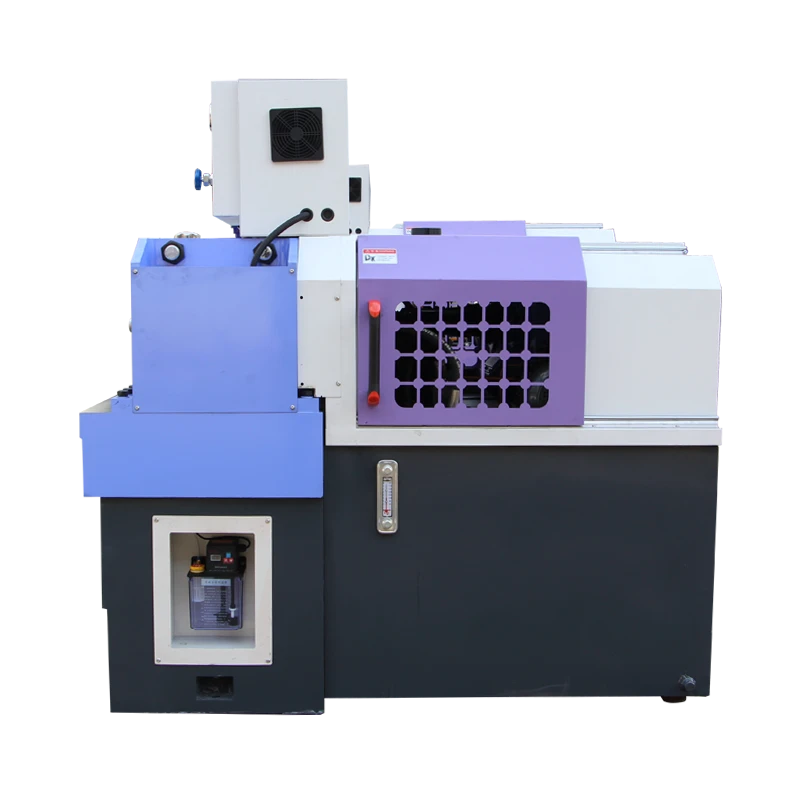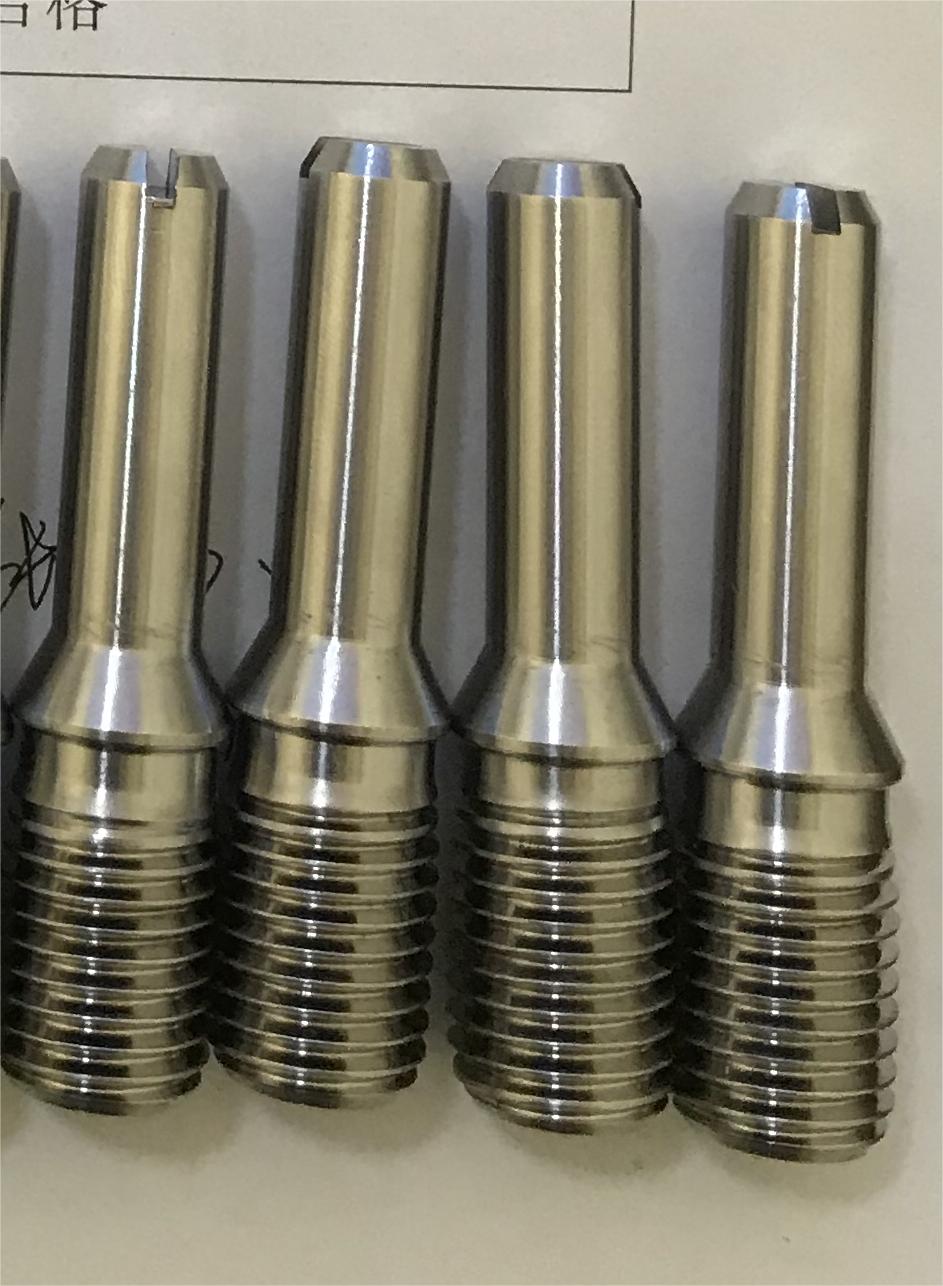
-
 Afrikaans
Afrikaans -
 Albanian
Albanian -
 Amharic
Amharic -
 Arabic
Arabic -
 Armenian
Armenian -
 Azerbaijani
Azerbaijani -
 Basque
Basque -
 Belarusian
Belarusian -
 Bengali
Bengali -
 Bosnian
Bosnian -
 Bulgarian
Bulgarian -
 Catalan
Catalan -
 Cebuano
Cebuano -
 Corsican
Corsican -
 Croatian
Croatian -
 Czech
Czech -
 Danish
Danish -
 Dutch
Dutch -
 English
English -
 Esperanto
Esperanto -
 Estonian
Estonian -
 Finnish
Finnish -
 French
French -
 Frisian
Frisian -
 Galician
Galician -
 Georgian
Georgian -
 German
German -
 Greek
Greek -
 Gujarati
Gujarati -
 Haitian Creole
Haitian Creole -
 hausa
hausa -
 hawaiian
hawaiian -
 Hebrew
Hebrew -
 Hindi
Hindi -
 Miao
Miao -
 Hungarian
Hungarian -
 Icelandic
Icelandic -
 igbo
igbo -
 Indonesian
Indonesian -
 irish
irish -
 Italian
Italian -
 Japanese
Japanese -
 Javanese
Javanese -
 Kannada
Kannada -
 kazakh
kazakh -
 Khmer
Khmer -
 Rwandese
Rwandese -
 Korean
Korean -
 Kurdish
Kurdish -
 Kyrgyz
Kyrgyz -
 Lao
Lao -
 Latin
Latin -
 Latvian
Latvian -
 Lithuanian
Lithuanian -
 Luxembourgish
Luxembourgish -
 Macedonian
Macedonian -
 Malgashi
Malgashi -
 Malay
Malay -
 Malayalam
Malayalam -
 Maltese
Maltese -
 Maori
Maori -
 Marathi
Marathi -
 Mongolian
Mongolian -
 Myanmar
Myanmar -
 Nepali
Nepali -
 Norwegian
Norwegian -
 Norwegian
Norwegian -
 Occitan
Occitan -
 Pashto
Pashto -
 Persian
Persian -
 Polish
Polish -
 Portuguese
Portuguese -
 Punjabi
Punjabi -
 Romanian
Romanian -
 Russian
Russian -
 Samoan
Samoan -
 Scottish Gaelic
Scottish Gaelic -
 Serbian
Serbian -
 Sesotho
Sesotho -
 Shona
Shona -
 Sindhi
Sindhi -
 Sinhala
Sinhala -
 Slovak
Slovak -
 Slovenian
Slovenian -
 Somali
Somali -
 Spanish
Spanish -
 Sundanese
Sundanese -
 Swahili
Swahili -
 Swedish
Swedish -
 Tagalog
Tagalog -
 Tajik
Tajik -
 Tamil
Tamil -
 Tatar
Tatar -
 Telugu
Telugu -
 Thai
Thai -
 Turkish
Turkish -
 Turkmen
Turkmen -
 Ukrainian
Ukrainian -
 Urdu
Urdu -
 Uighur
Uighur -
 Uzbek
Uzbek -
 Vietnamese
Vietnamese -
 Welsh
Welsh -
 Bantu
Bantu -
 Yiddish
Yiddish -
 Yoruba
Yoruba -
 Zulu
Zulu
High-Speed Thread Rolling Machines Precision & Affordable Quotes
- Understanding High-Speed Thread Rolling Machine Fundamentals
- Technical Superiority in Modern Manufacturing
- Performance Comparison: Leading Manufacturers Analyzed
- Custom Engineering Solutions for Industry Needs
- Real-World Applications & Efficiency Metrics
- Cost-Benefit Analysis for Procurement Decisions
- Strategic Sourcing for Competitive High-Speed Thread Rolling Machine Quotes

(high speed thread rolling machine quotes)
Understanding High-Speed Thread Rolling Machine Fundamentals
Modern manufacturing requires precision equipment capable of producing 800-1,200 threads per minute without compromising tolerances below ±0.005mm. High-speed thread rolling machines utilize cold-forming technology that increases material density by 15-20% compared to traditional cutting methods, delivering components with enhanced fatigue resistance.
Technical Superiority in Modern Manufacturing
Advanced models now integrate IoT-enabled predictive maintenance systems that reduce downtime by 40%. The latest servo-electric models achieve energy savings of 35% through regenerative braking systems, while maintaining surface finishes below Ra 0.8µm. These machines consistently maintain production speeds between 90-110 RPM even when processing hardened steels up to 45 HRC.
Performance Comparison: Leading Manufacturers Analyzed
| Brand | Max Speed (RPM) | Accuracy (mm) | Power Consumption | MTBF (Hours) |
|---|---|---|---|---|
| PrecisionRoll X9 | 125 | ±0.003 | 8.2kW | 16,000 |
| TurboThread T7 | 140 | ±0.004 | 9.1kW | 14,500 |
| VelocityMax Pro | 155 | ±0.0025 | 7.8kW | 18,200 |
Custom Engineering Solutions for Industry Needs
Aerospace manufacturers now specify machines with dual-spindle configurations that achieve 98% tooling overlap for complex geometries. Automotive suppliers have adopted modular designs allowing quick changeovers between M6-M24 threads in under 4 minutes, increasing production flexibility by 60%.
Real-World Applications & Efficiency Metrics
In fastener production environments, these machines demonstrate 23% higher output consistency across 72-hour continuous runs compared to hydraulic models. Medical implant manufacturers report 0.12% defect rates when producing titanium bone screws, meeting ISO 13485 standards without secondary processing.
Cost-Benefit Analysis for Procurement Decisions
Lifecycle cost calculations reveal 18-22% TCO reductions over 7-year periods when comparing advanced electric models to traditional mechanical systems. Energy recovery systems typically achieve ROI within 14 months, while precision-ground dies last for 850,000-1.2 million cycles before requiring replacement.
Strategic Sourcing for Competitive High-Speed Thread Rolling Machine Quotes
Leading industrial buyers negotiate 12-15% price advantages through bundled purchases of 3-5 units with multi-year service contracts. Current market analysis shows 7-9% quarterly fluctuations in capital equipment pricing, making Q4 traditionally the optimal period for obtaining premium configurations at reduced quotes.

(high speed thread rolling machine quotes)
FAQS on high speed thread rolling machine quotes
Q: How can I get accurate quotes for high-speed thread rolling machines?
A: Contact manufacturers directly and provide specifications like material type, thread size, and production volume. Reputable suppliers will offer customized quotes with breakdowns for machine cost, tooling, and support services.
Q: What factors determine the price of a high-quality high-speed thread rolling machine?
A: Pricing depends on technical capabilities (e.g., RPM speed), durability features like hardened components, automation levels, and brand reputation. Higher upfront costs often reflect precision engineering for long-term reliability.
Q: Where can I compare pricelists for high-speed thread rolling machines?
A: Many manufacturers publish base pricelists on their websites. For detailed comparisons, request formal quotes specifying your requirements to account for optional accessories or bulk-order discounts.
Q: Are premium-priced high-speed thread rolling machines more energy-efficient?
A: Yes, advanced models often include energy-saving motors and optimized power consumption systems. While pricier initially, they reduce operational costs by 15-25% through lower electricity usage over time.
Q: Do quotes for high-speed thread rolling machines include maintenance services?
A: This varies by supplier. Always clarify whether quotes cover preventive maintenance packages, warranty extensions, or technical support. Some providers bundle these services, while others charge separately.
